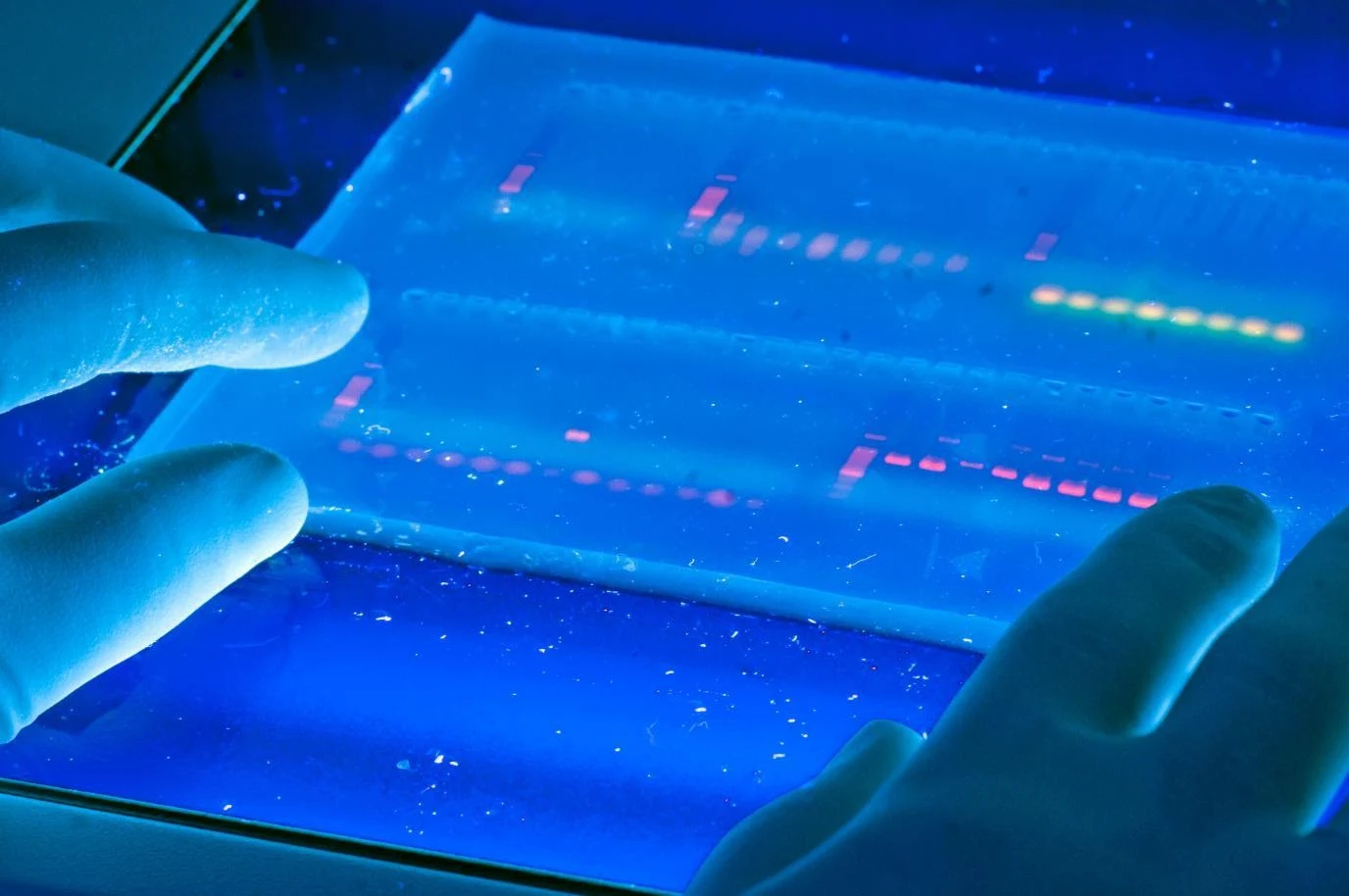Ad Code
Translate
Smart strategies for trading on crypto exchanges
October 20, 2025
Five Do’s For a Healthy Turnover That Bolsters Talent-Retention
October 20, 2025
Discover Honeybee Pharmacy (2025 Guide Important Consumer Tips)
October 14, 2025
What is Ozempic (semaglutide)? (Updated in 2025)
January 30, 2025
Posture Bra: Improving Back Support and Comfort
October 20, 2025
How To Find Suitable Properties In Cyprus?
October 20, 2025
10 Effective Strategies to Improve Domain Authority of Your Website
October 20, 2025
Will a home DNA test stand up in court?
Khabza Mkhize
February 04, 2020
A home DNA test is a convenient and relatively cheap way to find out if two people are biologically related. This can be useful for a number of reasons – for example, if a man suspects that his partner has been unfathful and his child may not really be his, a home paternity test kit can accurately confirm or rule-out paternity. All it takes is a quick & painless cheek cell sample from the father and child. Thanks to recent improvements in DNA science, a good DNA testing company can have your results ready in a matter of hours for a modest fee.
But what are limits of a home DNA test? And will the results be accepted in a court of law?
Peace of mind vs. legal testing
A simple at-home DNA test, although scientifically accurate, cannot be used for legal matters. How can the court be sure that the samples came from the people you claim? How do they know they weren’t tampered with? How do they know the samples weren’t contaminated?
DNA companies often refer to this kind of test as a ‘Peace of Mind’ test, because that’s all its good for – your own peace of mind.
A ‘Legal’ test works differently and is usually more expensive – but the results will be legally valid.
Sample collectors
Unlike a Peace of Mind test, you cannot administer a legal test by yourself. Instead, a trained sample collector will be sent to your home (or another location of your choosing) to take your DNA sample. The collector will check your ID and fill out all the necessary paperwork before taking the samples and transporting back to the DNA lab for analysis.
The chain of custody
Another important aspect of a legal test is the chain of custody. After your DNA sample has been taken, it will be transported back to the lab under a strictly controlled & recorded chain of custody. This is a requirement for legal testing, as it removes the possibility of the samples being mixed-up or tampered with.
Only accredited labs can carry out legal testing
If you look around online, you will notice that there are hundreds of commercial DNA companies out there. It’s important to note however that only an ISO accredited lab can carry out a valid legal test. Whichever company you choose, make sure that they are fully ISO 17025 accredited. There’s more information about the accreditation process here.
Why would you need a legal test?
A Peace of Mind test is useful if you simply want to confirm your suspicions for your own peace of mind. However, a legal test may be necessary if you want to:
- Apply for custody of a child
- Change the name on a birth certificate
- Get child support payments from an ex-partner
- Support an immigration case
Other kinds of DNA test
Paternity testing may be the most popular type of DNA test, but there are several others – such as twin DNA testing, sibling tests, maternity tests, aunt/uncle testing and more. Prenatal testing can now be done safely and no-invasively, and you can even use a blood sample to find out the gender of an unborn baby! You can find a comprehensive list of DNA tests here.
Featured Post
DL Mining Launches Ethereum Contract Participation Service, Helping Users Earn $2K Stable Daily Returns
Zizo Gala-Mkhize-
October 20, 2025
Soapie Teasers
Sister Sites
Most Popular
List of 6,000+ Dofollow Commentluv Blogs FREE (Updated 2025)
January 16, 2025
Five Do’s For a Healthy Turnover That Bolsters Talent-Retention
October 20, 2025
How To Choose The Right Place For A Winter Campsite
March 06, 2023
Popular posts
List of 6,000+ Dofollow Commentluv Blogs FREE (Updated 2025)
January 16, 2025
Five Do’s For a Healthy Turnover That Bolsters Talent-Retention
October 20, 2025
What is Ozempic (semaglutide)? (Updated in 2025)
January 30, 2025
Footer Menu Widget
Created By Blogspot Theme | Distributed By Gooyaabi Templates


Social Plugin